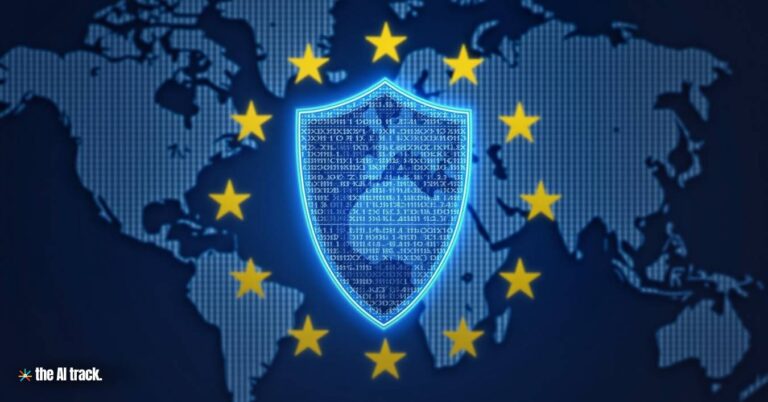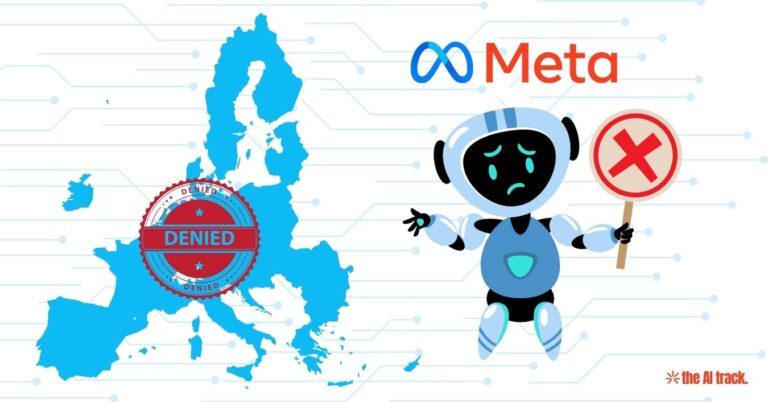EU announces AI guidelines to regulate the misuse of AI by employers, websites, and law enforcement, while also clarifying the definition of AI systems to ensure effective application of the AI Act. These measures aim to protect individuals from manipulative and discriminatory practices and promote ethical AI use.

EU Announces AI Guidelines – Key Points
- Prohibited Practices:
- Employers are banned from using AI to track employees’ emotions through webcams and voice recognition systems.
- Websites cannot use AI to manipulate users into making financial commitments through dark patterns.
- AI-enabled social scoring based on unrelated personal data such as origin and race is prohibited.
- Police are restricted from predicting criminal behavior solely based on unverified biometric data.
- AI System Definition Guidelines:
- The European Commission has published guidelines to clarify the definition of AI systems, aiding providers and stakeholders in determining whether a software system falls under the AI Act’s scope.
- These guidelines are not legally binding but are designed to evolve based on practical experiences, new questions, and emerging use cases.
- The guidelines aim to facilitate the effective application of the AI Act by providing clarity on what constitutes an AI system.
- Implementation Timeline:
- The Artificial Intelligence Act, binding since last year, will be fully applicable by August 2, 2026.
- Certain provisions, including bans on specific practices, are effective from February 2, 2024.
- As of February 2, 2024, the first rules under the AI Act, including the AI system definition and AI literacy, have started to apply.
- Enforcement and Penalties:
- EU countries must designate market surveillance authorities by August 2, 2024.
- Companies violating AI rules face fines ranging from 1.5% to 7% of their total global revenue.
- Global Context:
- The EU’s AI regulations are more comprehensive compared to the United States’ voluntary compliance approach and China’s focus on social stability and state control.
- Additional Guidelines on Prohibited AI Practices:
- The Commission has also published guidelines on prohibited AI practices, addressing harmful manipulation, social scoring, and real-time remote biometric identification.
- These guidelines aim to ensure consistent, effective, and uniform application of the AI Act across the EU, though they are non-binding and subject to interpretation by the Court of Justice of the European Union (CJEU).
Why This Matters: EU announces AI guidelines to ensure effective application of the AI Act. These guidelines aim to provide legal certainty and protect individuals from harmful AI practices, ensuring ethical use of AI technologies across various sectors. The regulations set a precedent for global AI governance, influencing how companies and governments worldwide approach AI deployment. The clarification of AI system definitions and prohibited practices further enhances the EU’s commitment to fostering a safe and ethical AI landscape.
Explore AI ethics via Aristotle’s philosophy, focusing on human-centered design, enriched ethical values, and democracy’s role in AI development, as detailed in the “Lyceum Project” white paper.
Read a comprehensive monthly roundup of the latest AI news!







